“We are taught as children about illnesses like colds, broken bones or surgeries, but mental illnesses aren’t discussed. Mental illnesses should be discussed like diabetes… it needs to be seen as a ‘normal’ illness.”
— IMPACT survey respondent, 2018
In a crisis? Call or text 988
Mental health conditions are just that — health conditions. They are not character flaws, sources of shame or something to be hidden away. Yet, these types of stigmatized beliefs and attitudes surround mental health conditions. When we understand that they’re treatable conditions, we’re better able to change attitudes, reduce stigma and its harmful effects, and show up in a more informed and compassionate way.

— IMPACT survey respondent, 2018
Mental health, like physical health, is something we all have. It affects how we think, feel and act. It’s our sense of life satisfaction and purpose, connection, belonging and resilience.
We all have a state of mental health, and it varies. It can range from good to poor or anywhere in between, depending on our life experiences and phases in life.

Mental illnesses, also called mental health conditions, are:
Mental illnesses are common
1 in 5 U.S. adults experience mental illnesses each year. So, if you know five people, you know someone who lives with a mental illness, whether you realize it or not.
While not everyone has a mental illness, they don’t discriminate. Mental illnesses can affect anyone, no matter race, gender, age, occupation, religion or financial status.

We all have a state of mental health, and some of us also have a mental illness.
What’s important to understand is: Having a mental illness doesn’t necessarily mean a person has poor mental health. Just as a person with poor mental health may not have a mental illness. However, stigma leads people to believe that everyone with a mental illness has poor mental health and poor management of their mental illness, but that certainly isn’t the case. People with a mental illness can thrive and live full, healthy and productive lives, as long as stigma doesn’t get in the way of them receiving the care and support they deserve.
Stigma keeps people suffering in silence. It’s one of the biggest barriers keeping people from talking about mental health and illnesses and seeking care. Turn stigma into support.
A negative perception that causes someone to devalue or think less of the whole person
Stereotyping or labeling a person because of their mental health condition
Prejudice and discrimination against people with a mental illness
Stigma can take on many different forms and be found in everyday words we use or hear, images we see in the media, misconceptions, and actions held by others about mental health and illnesses.
Both physical and mental illnesses are common and treatable, but we talk about them so differently because of stigma. We’ll know we’ve made progress in reducing stigma when the words used to describe people living with a physical illness like cancer are the same words used to describe someone living with a mental illness.
Let’s all START using these words to describe people living with a mental illness. And STOP using negative, hurtful words.

Learn what to say, what not to say and how to support those living with a mental illness.